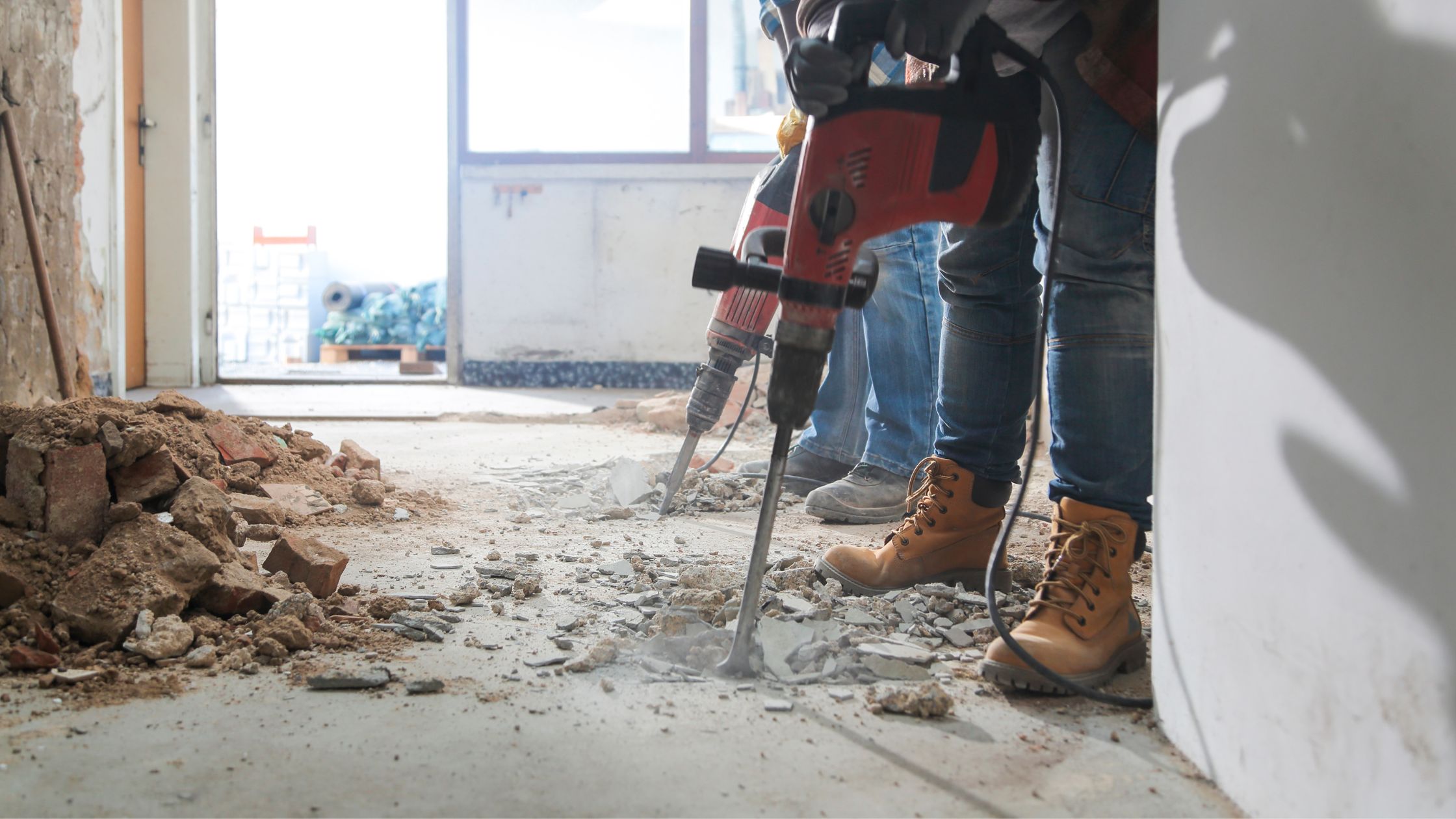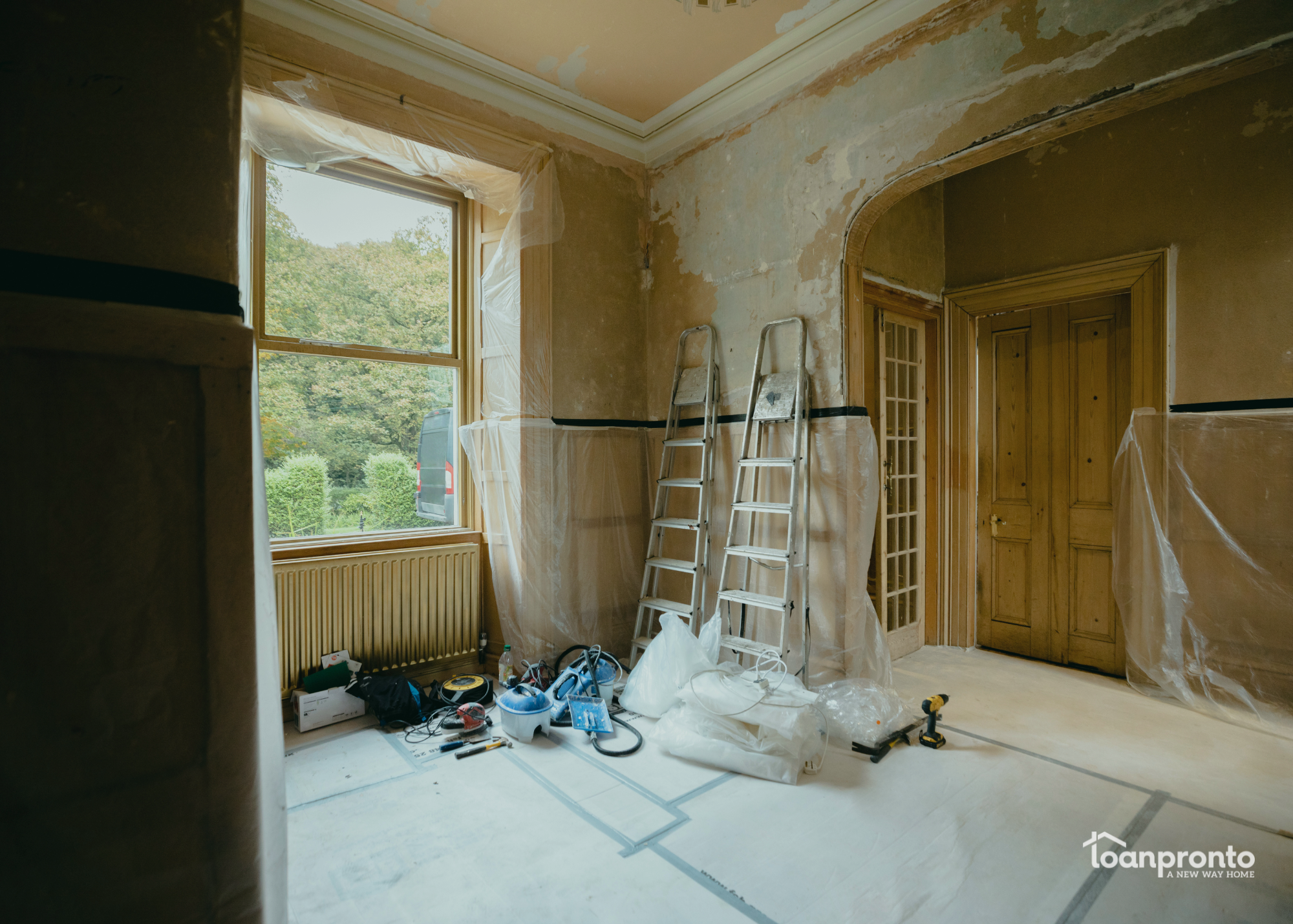Key Takeaways
-
FHA appraisals check both value and condition, ensuring the home meets minimum property standards.
-
Home inspections are still recommended, even if you’re getting an FHA appraisal.
-
Common issues like faulty systems or peeling paint can delay or prevent loan approval.
-
Being proactive with repairs and documentation helps avoid closing delays.
When you’re buying a home with an FHA loan, one essential step is the FHA appraisal—a process that determines a property’s market value and checks its safety and livability. Unlike a standard appraisal, an FHA appraisal must meet strict guidelines to ensure the property qualifies for financing. Whether you’re a first-time buyer or simply exploring government-backed mortgage options, understanding the FHA appraisal process can help you avoid delays, reduce surprises, and stay on track for a smooth closing.
FHA Appraisal vs. Home Inspection
Although both processes evaluate the condition of a property, they serve different purposes. Use the table below to understand the key differences:
| FHA Appraisal | Home Inspection |
| Required for FHA loans | Optional but highly recommended |
| Determines market value | Focuses solely on condition |
| Ensures property meets FHA safety & structural standards | Identifies deeper issues like mold, foundation cracks, or faulty systems |
| Conducted by FHA-certified appraiser | Conducted by licensed home inspector |
What Do FHA Appraisers Look For?
To meet FHA guidelines, a property must be safe, structurally sound, and priced fairly. Appraisers assess the following:
| Criteria | What It Covers |
| Market Comparables | 2 recent sales (past 90 days), 3 closed homes nearby, 2 pending or active listings |
| Structural Integrity | Roof condition, foundation cracks, chimneys, exterior walls |
| Major Systems | Heating, cooling, plumbing, and electrical must be functional |
| Safety Requirements | Lead-based paint, pest infestations, secure access, handrails, proper drainage |
| Environmental Risks | Grading, proximity to high-voltage power lines or flood zones |
Common FHA Appraisal Issues and Solutions
Identifying issues early allows buyers to negotiate repairs before closing. Here’s how to handle typical problems:
| Issue | Solution |
| Peeling paint or potential lead | Request seller to repaint or provide contractor estimate |
| Improper grading or drainage | Negotiate seller repair credit or replacement |
| Improper grading or drainage | Add repair contingency or ask for landscaping correction |
| HVAC, plumbing, or electrical issues | Include inspection clause and request necessary fixes |
| Pest infestations | Require pest control treatment before closing |
What Happens After the FHA Appraisal?
There are several possible outcomes after the appraisal report is submitted:
- Appraisal meets value and passes inspection: You move forward with final loan approval.
- Home appraises below offer price: Renegotiate the purchase price or cover the shortfall in cash.
- Repairs required for FHA compliance: Request seller repairs, or complete them with an FHA 203(k) renovation loan.
- Significant safety or structural hazards found: FHA financing may not be approved; consider walking away.
FHA Appraisal Success Starts with Preparation
Understanding the FHA appraisal requirements in advance gives you a major advantage in the homebuying process. By focusing on move-in-ready homes, budgeting for minor repairs, and staying informed about common red flags, you can reduce stress and increase your chances of a successful FHA loan approval.
At Loan Pronto, our team is experienced with FHA loans and can guide you through every step—from pre-approval to closing. If you’re ready to buy with confidence, contact us today to get started with a loan that fits your needs and timeline.
FAQs: FHA Appraisal Requirements
No SSN required. Zero impact to credit. Your Information is never sold.



